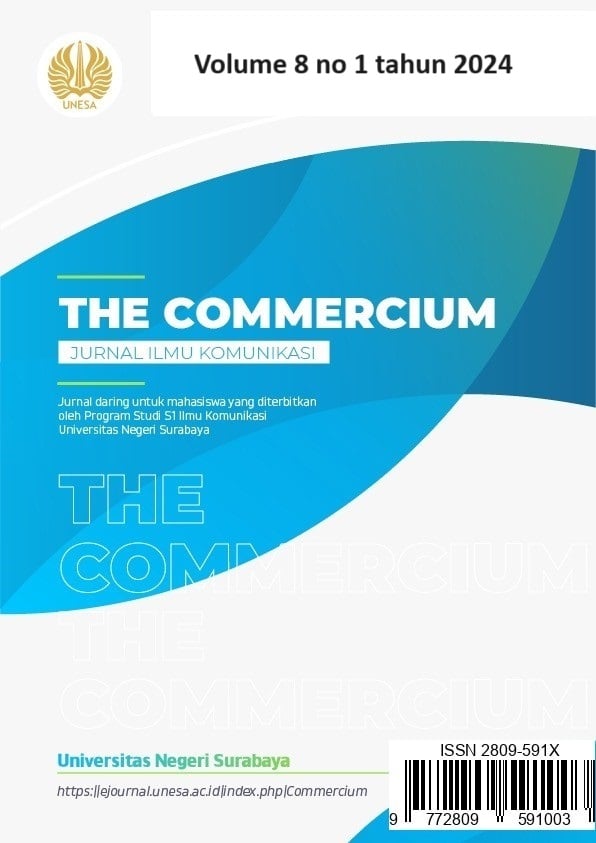QUEER MUSLIM COGNITIVE DISSONANCE TOWARDS ISLAMIC HETERONORMATIVITY
(Phenomenological Study on Nadhlatul Ulama and Muhammadiyah Bases)
DOI:
https://doi.org/10.26740/tc.v8i1.59690Keywords:
Queer Muslims, Cognitive Dissonance, Heteronormativity, IslamAbstract
This study aims to analyze the cognitive dissonance experienced by Queer Muslims against the pressure of heteronormativity in the teachings and culture of Islam. The challenges of heteronormativity contradict the decisions they inspire themselves AS Queer. The purpose of this research is to find individual ways Queer Muslims in overcoming the inner conflict between identity and heteronormativity that intertwine in their lives. This research is a descriptive qualitative research with a phenomenological approach which is analyzed using Leon Festinger's Cognitive Dissonance theory. This study concludes that there is fear, avoidance and rejection felt by Queer when they get heteronormativity pressure in their environment. This has an impact on the relationship between humans and God which is distant, so that Queer looking for a way to keep religion and belief. The focus of this research is on intrapersonal and interpersonal relations AS a result of cognitive dissonance which can be used AS a reference study for other themed Queer muslim.
Downloads
Downloads
Published
How to Cite
Issue
Section
 Abstract views: 280
,
Abstract views: 280
, PDF Downloads: 288
PDF Downloads: 288

